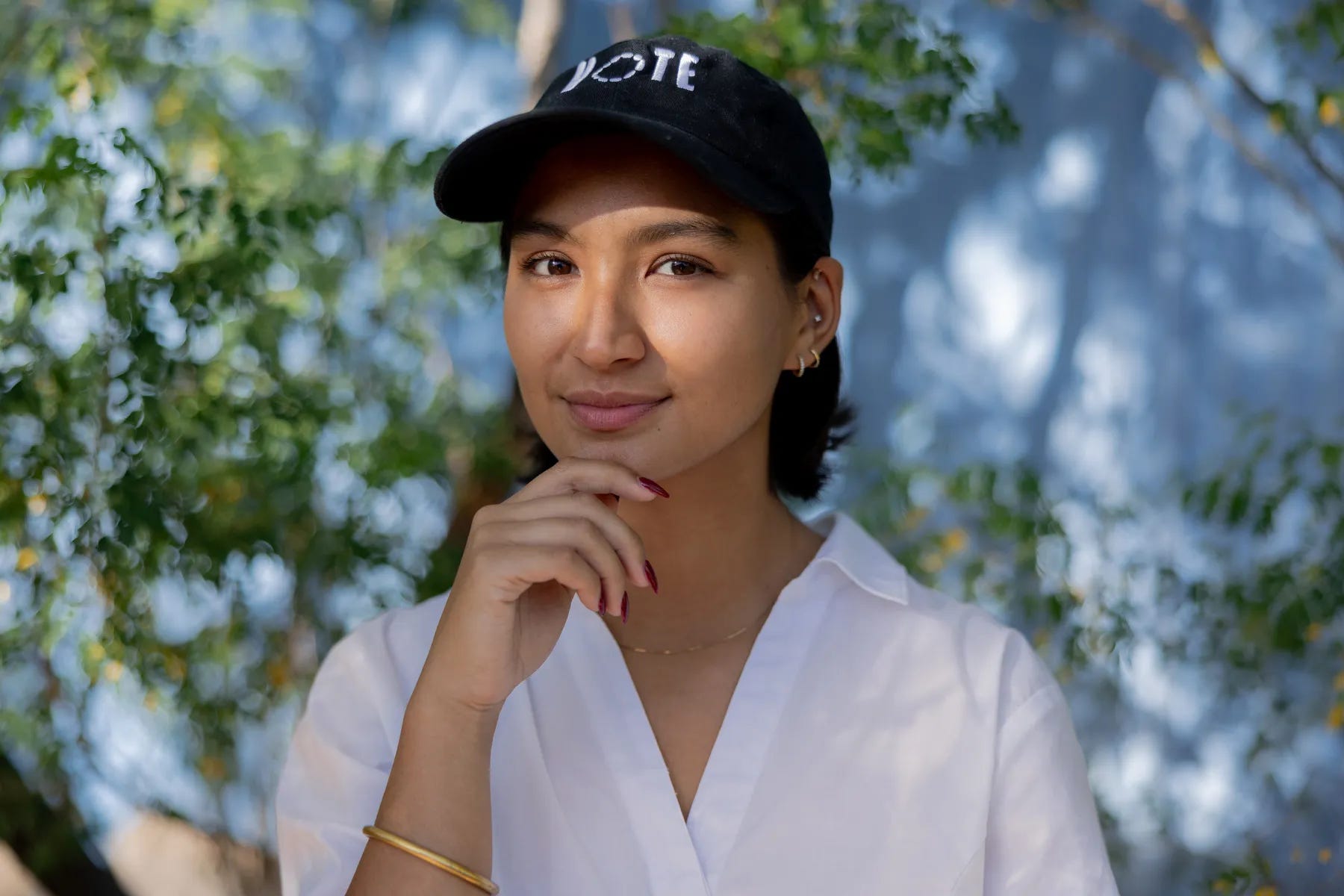From TikTok to Heading to Capitol Hill: Deja Foxx, a 25-year-old Influencer, Democratic Candidate Could Seriously Win a Seat in Congress
The next big political movement might not come from a traditional campaign trail, but from your social media feed.

Back in 2015, it raised eyebrows when then-President Barack Obama chose to do an interview with a YouTube personality. Fast forward a decade, and online influencers aren’t just shaping public discourse — they’re stepping up to run for public o…




